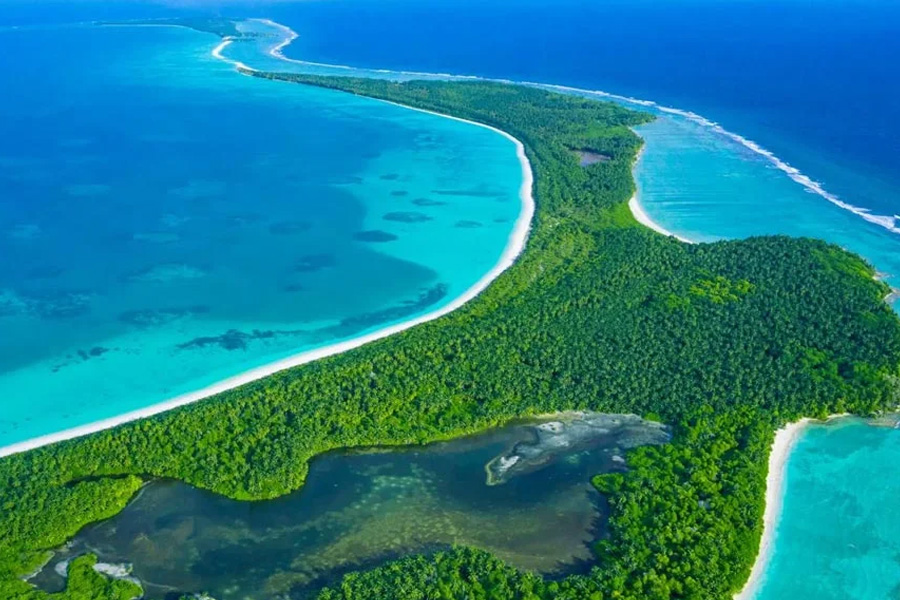
An advisory opinion of the International Court of Justice played a critical role in the diplomatic breakthrough that led the UK to return the Chagos Islands, Britain’s last colony in Africa, to Mauritius.
Author
Prabhash Ranjan, Professor, Jindal Global Law School, O.P. Jindal Global University, Sonipat, Haryana, India.
Summary
While diplomacy is critical, the UK’s decision to hand over the sovereignty to Mauritius over the Chagos Islands couldn’t have come through without the ICJ decision and the use of international law by Mauritius
The historic political agreement between the United Kingdom (UK) and Mauritius on exercising sovereignty over the Chagos Archipelago, a group of islands in the Indian Ocean, which Britain considers strategically important, is a significant development. The UK has agreed to return the Chagos Islands, Britain’s last colony in Africa, to Mauritius, thus completing the decolonisation of Mauritius.
But this diplomatic breakthrough did not come along suddenly. It is critical to recall that in 1964, to serve security interests, the UK and the United States (US) decided that Diego Garcia, the largest island of the Chagos Archipelago, would be an ideal site to establish an American military base. To effectuate this, the UK in 1965 forcibly detached Chagos from Mauritius by signing the Lancaster House Agreement.
The detachment of Chagos was linked to granting independence to Mauritius. Mauritius gained independence in 1968, but the Chagos Islands, an inseparable part of Mauritius, became a part of what came to be known as the British Indian Ocean Territory (BIOT), a new English colony. The UK leased Diego Garcia to the US in 1966 in return for some military benefits. The UK used international law to further its imperial project. This is unsurprising as several critical international lawyers document the inextricable link between international law and imperialism.
Published in: Hindustan Times
To read the full article, please click here.

